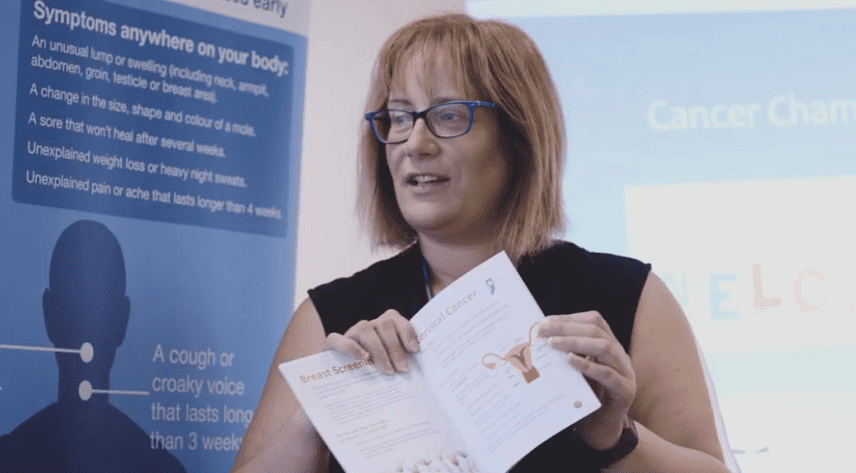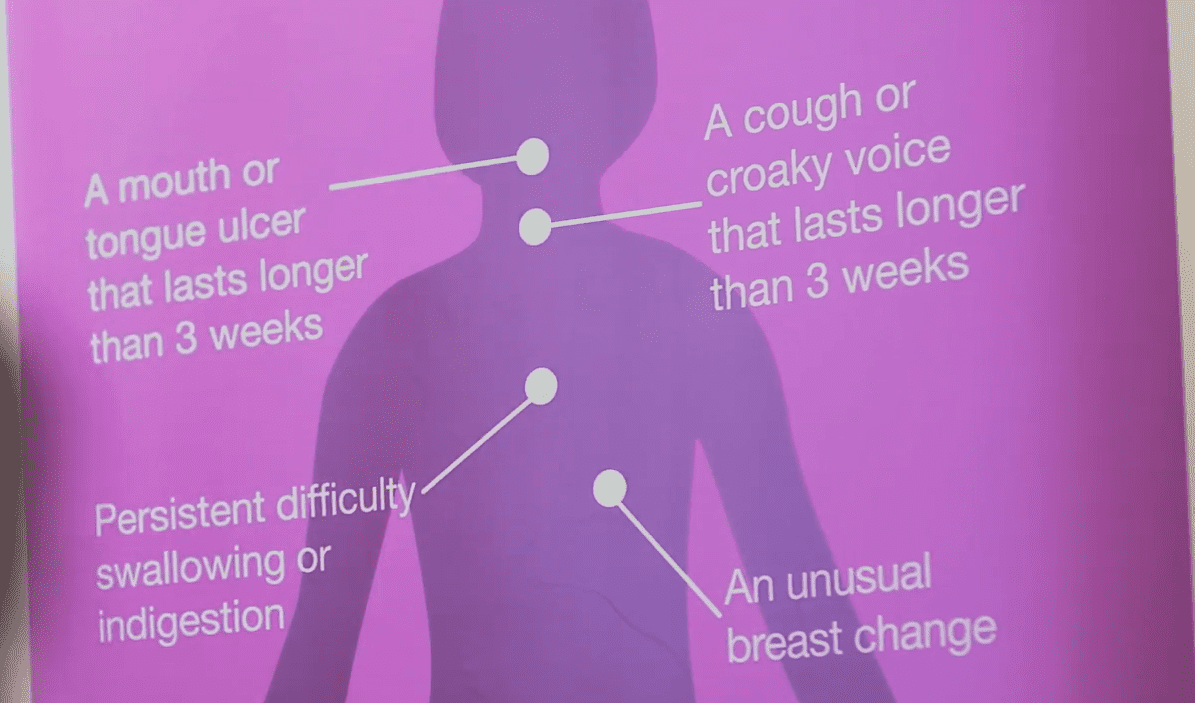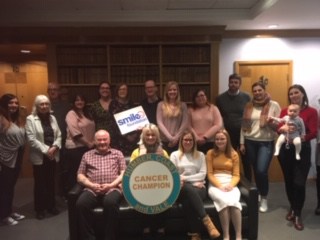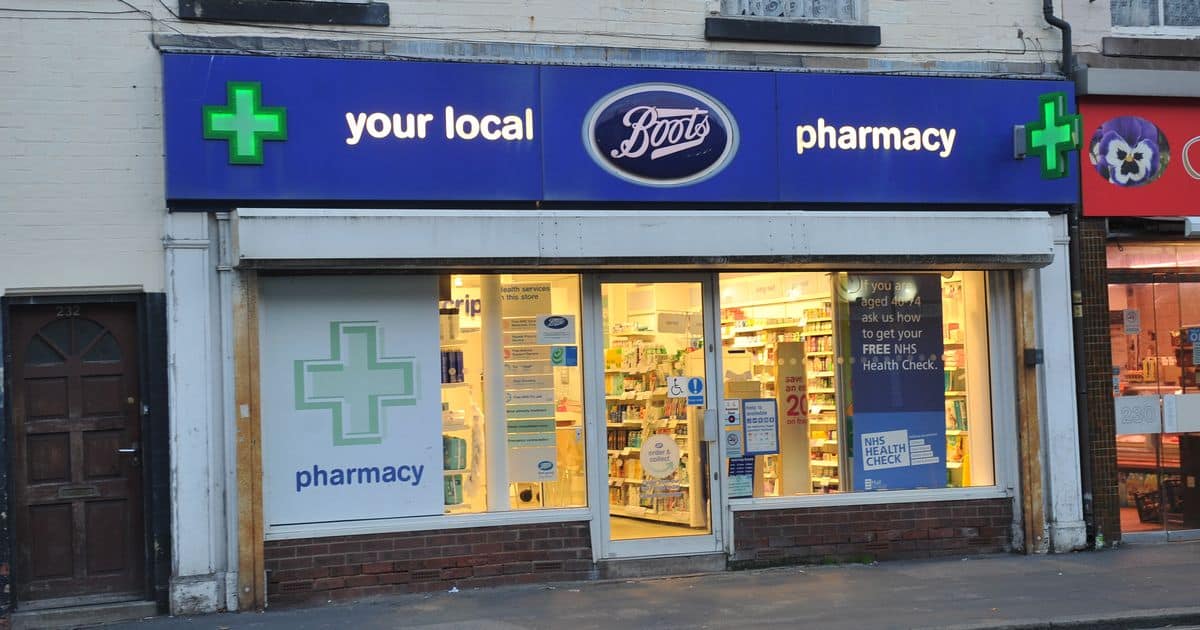In her job as a Community Pharmacist, Nicola spends her day supporting and building relationships with local people. Three months into her role, Nicola noticed something different about one of her regular customers and used her experience to help.
Just three months into her new job at a Boots Pharmacy in Hull, Nicola knew many of her regular customers well. She noticed that one gentleman, who was known to pick up his medication order like clockwork, had not been in for a while. He was a particularly sociable man who liked a laugh and a giggle with the staff, always had a smile for everyone, and was totally committed to caring for his disabled wife.

Nicola was just three months into her job at Boots when she noticed something off about the man.
He was always keen to chat, especially about his family and their mini-breaks away. His absence was unusual, but what was more unusual was his behaviour when he came in the following month. Nicola knew he must have been unwell, and this was confirmed when finally returned to the pharmacy to collect his usual prescription as well as some antibiotics.
Nicola straightaway noticed a change in his demeanour. He was less talkative and chose to sit and wait on the chairs away from the counter, rather than stand and chat with her as was usual. She also noticed he had lost a significant amount of weight, was coughing almost constantly, and his skin was yellow.
After Nicola asked if the man was okay, he responded that he thought he may have a chest infection. Nicola felt there was more to this and invited the gentleman into their meeting room for a chat. With further conversation, he admitted to Nicola that he was experiencing a significant change with his bowel movements and had noticed blood in his stools. While the man was talking, Nicola looked at his skin and the whites of eyes – they appeared ‘banana’ yellow. He told her he had a blood test booked for a weeks’ time, but Nicola was seriously concerned.
She reported the situation to her manager who agreed that a further conversation was needed with the GP surgery, which was attached to the pharmacy. Nicola spoke with the lead receptionist and explained some of the man’s symptoms. As a result, the gentleman was invited for a blood test there and then. Later the same day, he was called back into the surgery as the GP said something serious had been picked up on his blood test. Along with his notes, he was sent straight to the local hospital to see a specialist who confirmed that he had metastatic cancer which was treatable, but not curable.
The following morning, the gentleman and his wife brought in a huge bunch of flowers to thank Nicola for her care and support. Receiving the diagnosis of cancer may not have been able to save his life, but it meant a great deal to the couple that it would lead to treatment that could manage his symptoms and extend the time he would have with his family. It also gave them chance to make alternative arrangements for his wife’s care.
Nicola believes she was ready to ask the right questions and take the necessary steps because, at that time, her father was being treated for lung cancer and her brother for Hodgkin lymphoma. Her lived experience and the relationships she had built with her regular customers meant she was aware of certain signs and had the confidence to take the necessary steps to help someone. She’s now asking other pharmacy staff to take the Cancer Champion Training to equip them with the same tools.




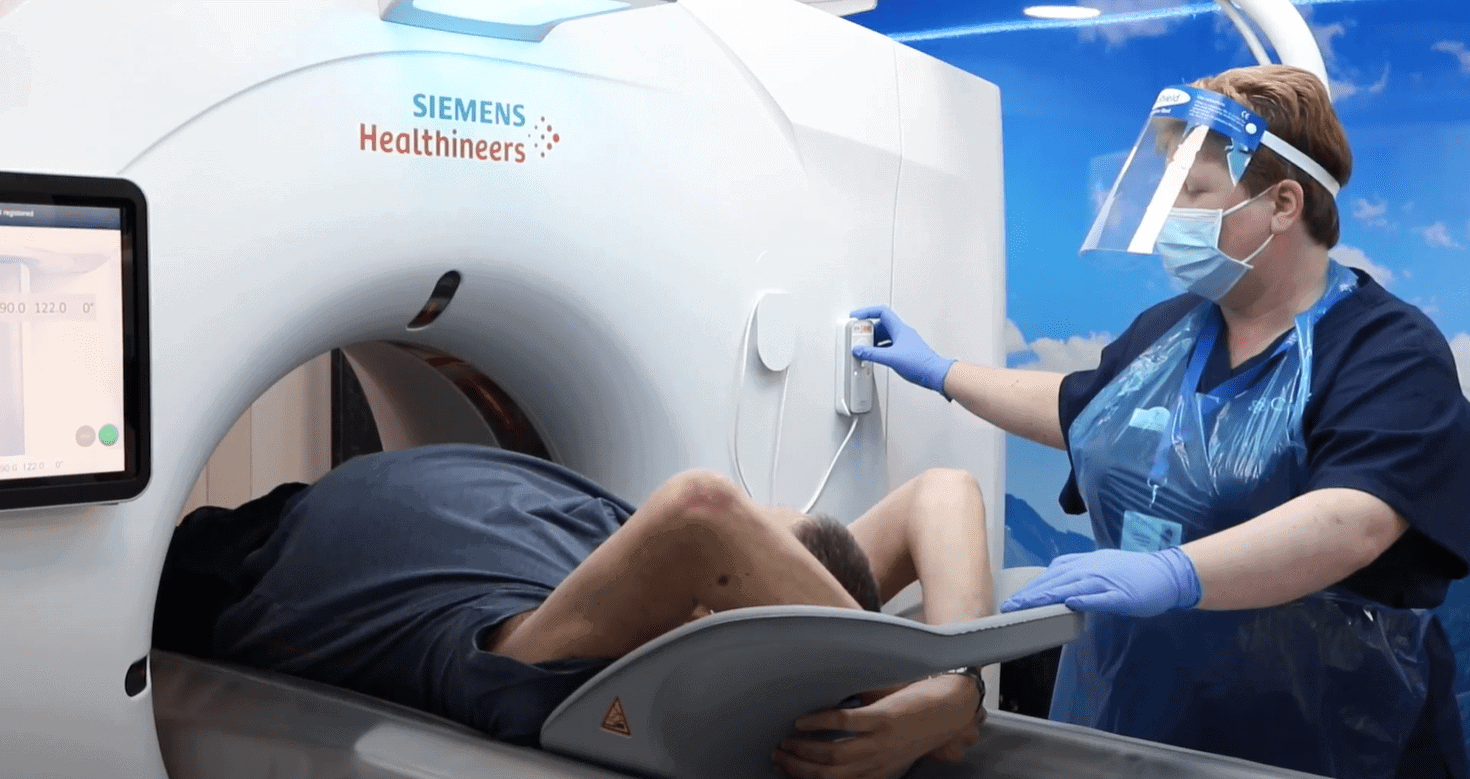




 Amanda
Amanda
 Jo
Jo
